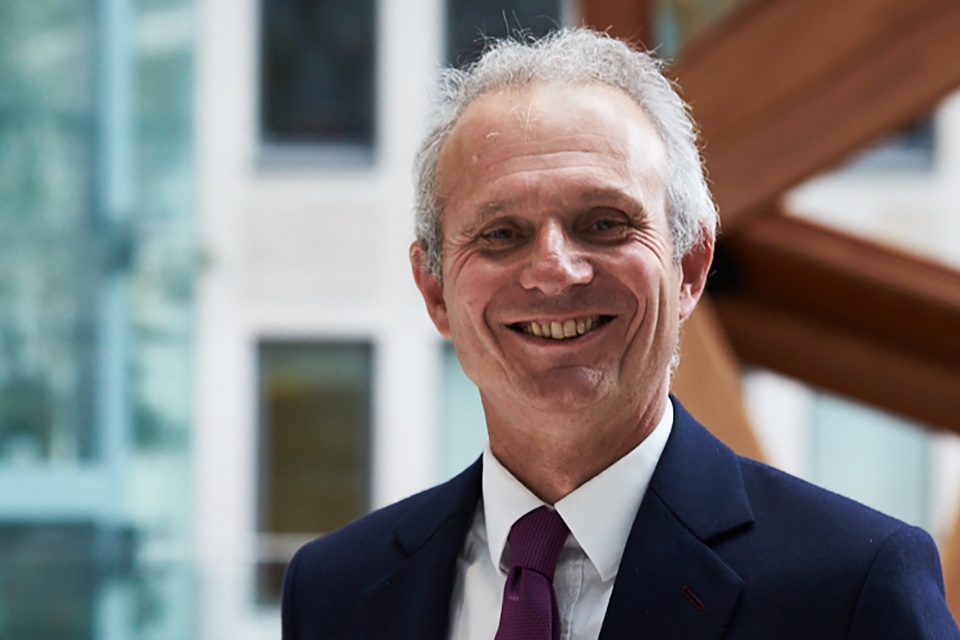OSCE Ministerial Council, Basel, 4 and 5 December 2014
Written Statement made by: Minister for Europe, David Lidington on 15 December 2014.

I represented the United Kingdom at the 21st Ministerial Council meeting of the Organisation for Security and Co-operation in Europe (OSCE), held in Basel, Switzerland on 4 and 5 December 2014 and hosted by Swiss Federal President and OSCE Chairman-in-Office Didier Burkhalter.
The Council is the key decision-making body of the OSCE and was attended by Ministers from across its 57 participating States. The Council took place in the final month of a year when the OSCE has been at the centre of the international response to the Ukraine crisis, and this subject dominated the Council. In my interventions in the discussions that took place on 3 and 4 December, I made clear that by its actions Russia was fully responsible for the instability in eastern Ukraine, and that its illegal annexation of Crimea would not be recognised by the international community. I said that Russia must implement its commitments under the Minsk Protocols, by withdrawing military personnel, equipment and weapons from Ukraine’s sovereign territory, ceasing the supply of separatist factions, and securing its border with Ukraine. Only then will there be space for a political solution to the crisis. I also commended the role of the OSCE in facilitating dialogue and providing valuable impartial reporting from eastern Ukraine, in particular its Special Monitoring Mission, to which the UK has provided and will continue to provide significant financial and personnel support.
Similar sentiments were expressed in plenary by US Secretary of State Kerry, German Foreign Minister Steinmeier, Ukrainian Foreign Minister Klimkin and EU High Representative Mogherini among others. It is regrettable that Russian obstruction meant that a declaration on the OSCE’s role in, and support to, Ukraine could not be agreed despite the vast majority of OSCE States’ desire to do so. However, in his Chairman’s summary, President Burkhalter noted that many states had expressed the view that the crisis was the result of the pressure of one participating State against another; that the so-called referendum in Crimea had been in contradiction with the Ukrainian constitution; that Russia’s actions in Crimea had been in violation of fundamental OSCE commitments and international law; and that the territorial integrity, political independence and unity of Ukraine within its internationally recognised borders must be respected.
In the margins of the Council, I attended a meeting hosted by the Lithuanian Foreign Minister with Crimean Tatar leader Mustafa Dzhemilev, who described the restrictions and violations that the Tatars are now experiencing following Russia’s illegal annexation. Separately I met representatives of Russia-based civil society groups, who detailed the worrying trends of restrictions and threats that such groups face from the Russian authorities. Both meetings underlined the need for tough messages to be given to Russia about its conduct both in eastern Ukraine and Crimea, and also within Russia where human rights must be properly respected.
Aside from discussions on Ukraine, the Council agreed decisions or declarations on a number of topics, including on countering kidnapping and hostage-taking committed by terrorist groups; on countering the phenomenon of foreign terrorist fighters; on enhancing efforts to combat anti-Semitism; on the continuation of the Helsinki +40 process; and on the Transdniestrian Settlement Process. President Burkhalter additionally announced the launch of a panel of Eminent Persons to run through 2015 with the support of the incoming Serbian and German Chairmanships, with a remit to provide proposals on how to rebuild trust and establish respect for core OSCE principles.
I also met Serbian Foreign Minister Ivica Dacic, who will Chair the OSCE when Serbia take over from Switzerland at the end of 2014, where we discussed the need for the OSCE to stay strongly engaged on the Ukraine crisis as we move into 2015.
I am placing a copy of the UK intervention in plenary, and of the OSCE Chairman’s summary of the first day of discussions, in the Libraries of both Houses.